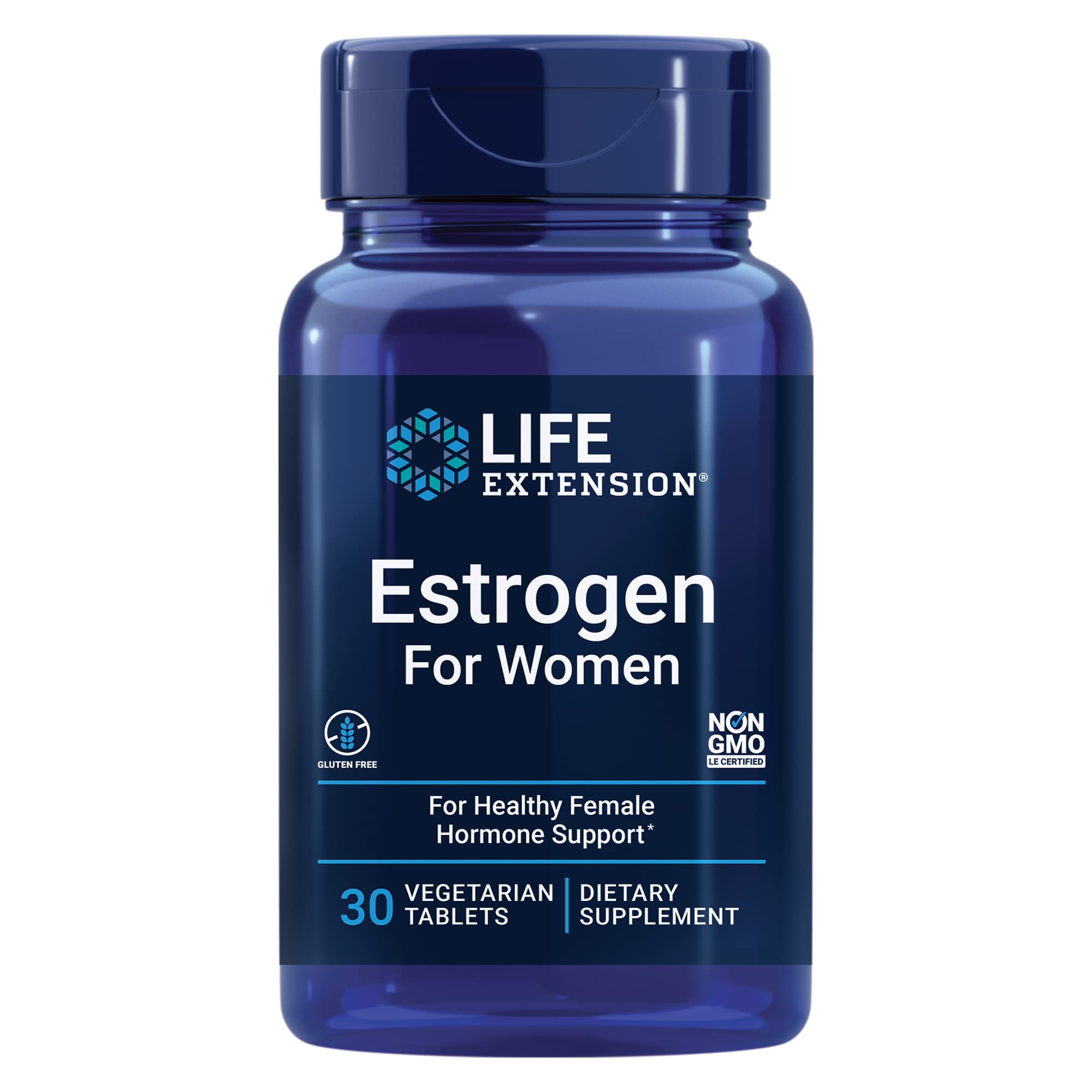Menopause: Symptoms, Causes, Treatment
What are the symptoms of menopause?
Menopause is a natural biological process that occurs in women typically between the ages of 45 and 55, marking the end of menstruation and fertility. The symptoms of menopause can vary widely among women, but common symptoms include:
- Irregular periods: As menopause approaches, periods may become irregular in terms of duration, frequency, or flow.
- Hot flashes: Hot flashes are sudden feelings of warmth, often accompanied by flushing of the face and sweating. They can occur at any time of the day or night.
- Night sweats: Night sweats are episodes of excessive sweating during sleep that can disrupt sleep patterns.
- Sleep disturbances: Menopause can be associated with difficulty falling asleep or staying asleep (insomnia), which can lead to fatigue and irritability.
- Mood changes: Many women experience mood swings, irritability, anxiety, or depression during menopause.
- Vaginal dryness: Decreased estrogen levels can lead to thinning, drying, and inflammation of the vaginal walls, resulting in discomfort during intercourse and an increased risk of vaginal infections.
- Decreased libido: Changes in hormone levels can affect sexual desire and arousal.
- Fatigue: Some women experience increased fatigue or a lack of energy during menopause.
- Joint and muscle pain: Menopause can be associated with joint and muscle pain, which may be related to changes in hormone levels.
- Changes in hair and skin: Some women may experience changes in hair texture or thickness, as well as changes in skin elasticity and moisture.
It’s important to note that not all women will experience all of these symptoms, and the severity of symptoms can vary. If you are experiencing symptoms of menopause that are affecting your quality of life, talk to your healthcare provider. There are treatments available to help manage symptoms and improve your overall well-being during this transition.
What are the causes of menopause?
Menopause is a natural biological process that occurs as a result of aging and is influenced by hormonal changes in a woman’s body. The primary cause of menopause is a decrease in the production of the female hormones estrogen and progesterone by the ovaries. This decrease in hormone production is a normal part of aging and leads to the end of menstruation and fertility.
Several factors can influence the timing of menopause, including:
- Age: The average age of menopause in women in the United States is around 51 years old, but it can occur earlier or later for individual women.
- Genetics: Family history can play a role in the timing of menopause. Women tend to experience menopause at a similar age to their mothers and sisters.
- Hysterectomy: Surgical removal of the uterus (hysterectomy) can result in menopause if the ovaries are also removed. If the ovaries are not removed, menopause will not occur immediately, but it may occur earlier than expected.
- Chemotherapy or radiation therapy: These treatments for cancer can damage the ovaries and lead to premature menopause.
- Autoimmune diseases: Certain autoimmune diseases, such as autoimmune oophoritis, can cause inflammation of the ovaries and result in premature menopause.
- Lifestyle factors: Smoking and certain chemotherapy drugs can accelerate the decline in ovarian function and lead to earlier menopause.
While menopause is a natural process, the symptoms associated with it can vary widely among women. If you are experiencing symptoms that are affecting your quality of life, talk to your healthcare provider. There are treatments available to help manage symptoms and improve your overall well-being during this transition.
What is the treatment for menopause?
Treatment for menopause aims to alleviate symptoms and reduce the risk of long-term health complications associated with decreased estrogen levels. Treatment options include:
- Hormone therapy (HT): Also known as hormone replacement therapy (HRT), this treatment involves taking estrogen alone or a combination of estrogen and progesterone (for women with a uterus) to replace the hormones that are declining during menopause. HT can help reduce hot flashes, night sweats, vaginal dryness, and other symptoms. It can also help prevent bone loss (osteoporosis).
- Non-hormonal medications: Certain medications, such as selective serotonin reuptake inhibitors (SSRIs) and selective norepinephrine reuptake inhibitors (SNRIs), originally used to treat depression, can help reduce hot flashes and improve mood.
- Vaginal estrogen: For women experiencing vaginal dryness, pain during intercourse, or urinary symptoms, topical estrogen in the form of creams, tablets, or rings can help restore vaginal health.
- Osteoporosis medications: Women at risk of osteoporosis may benefit from medications that help strengthen bones and reduce the risk of fractures.
- Lifestyle changes: Eating a healthy diet, exercising regularly, quitting smoking, and reducing alcohol intake can help alleviate menopausal symptoms and improve overall health.
- Alternative therapies: Some women find relief from menopausal symptoms through acupuncture, yoga, meditation, or herbal supplements such as black cohosh or soy isoflavones. However, the effectiveness of these therapies varies, and it’s important to discuss them with a healthcare provider before use.
The decision to use hormone therapy or other treatments for menopause should be based on individual factors such as the severity of symptoms, overall health, and personal preferences. It’s important to discuss treatment options with a healthcare provider to determine the most appropriate approach for your specific needs.




